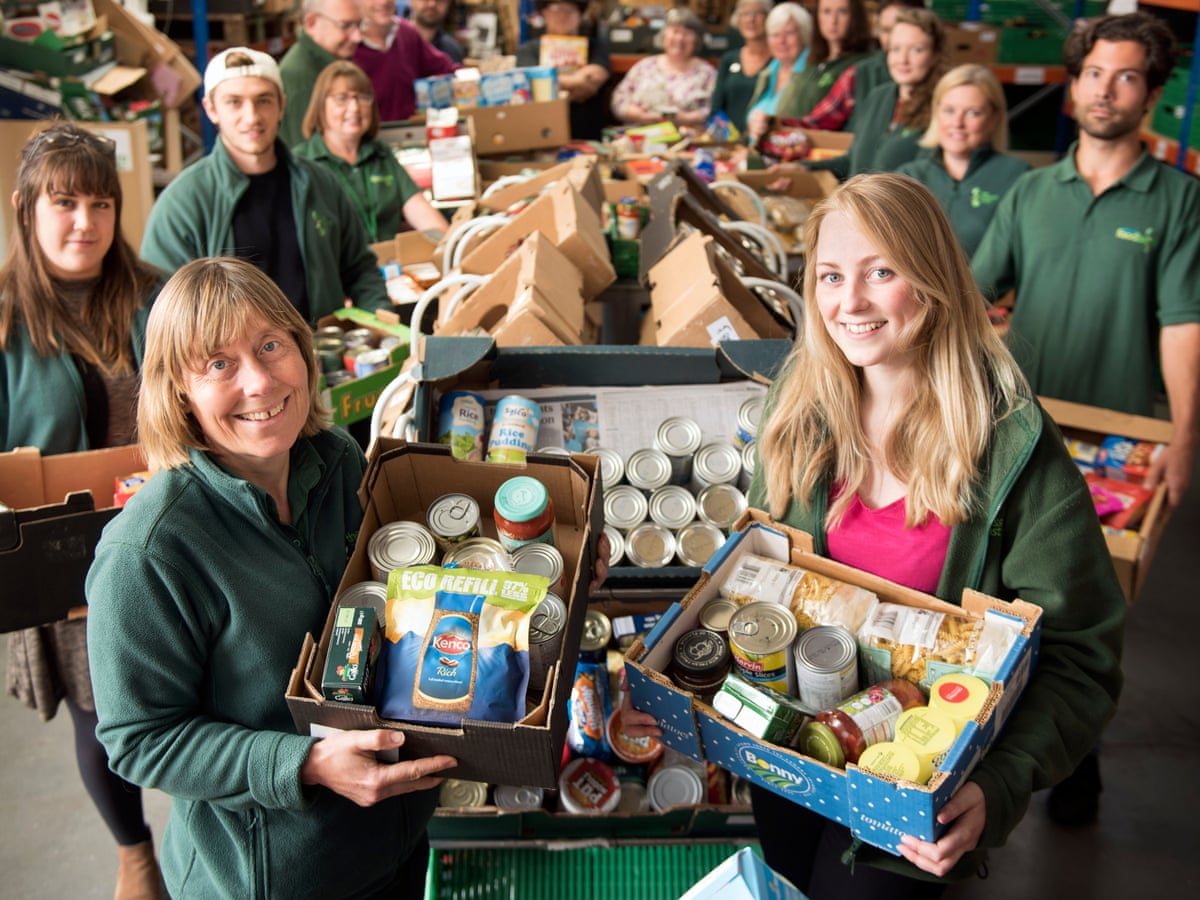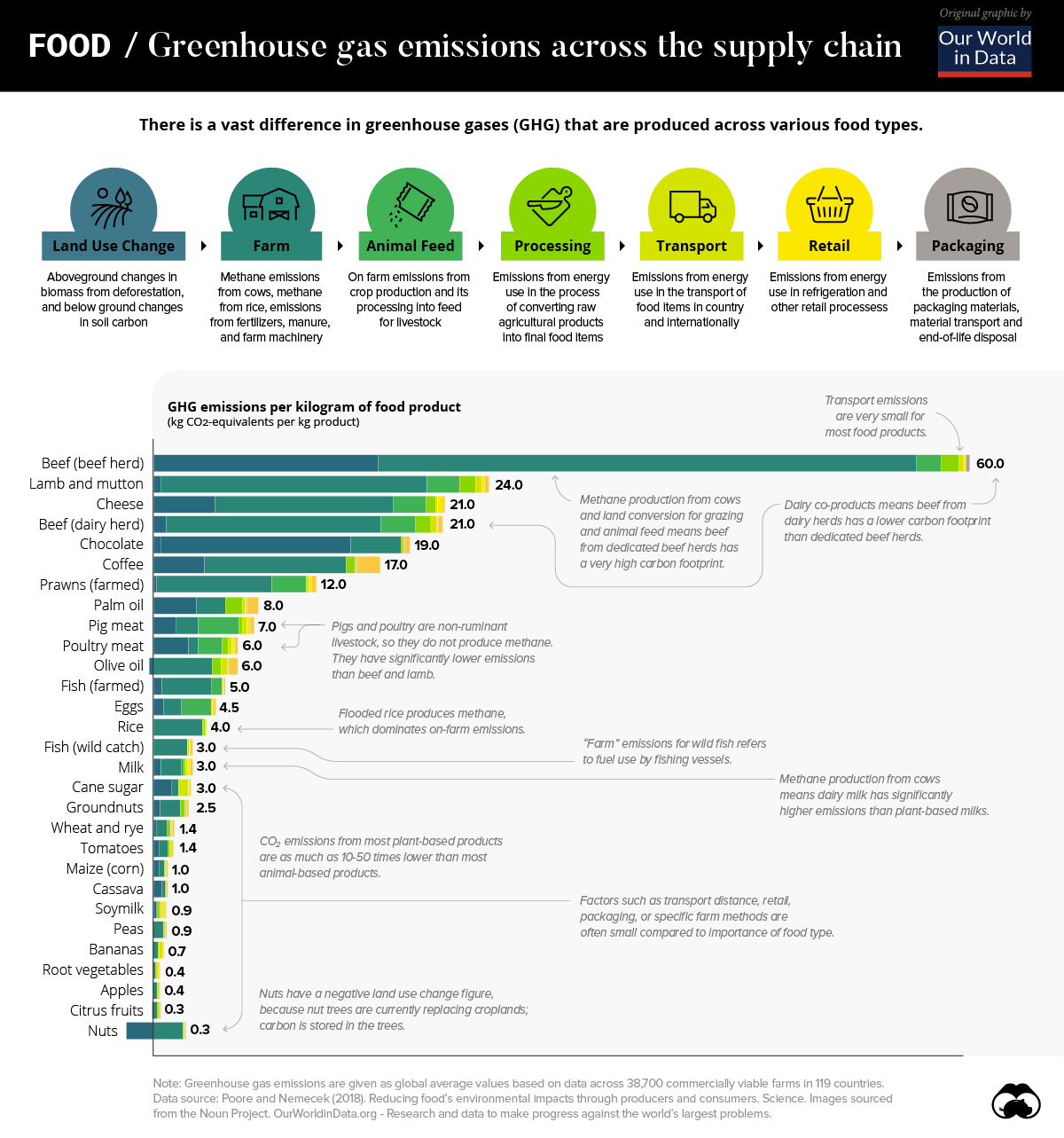In 2021 we’re reviving the Best Before Project blog and increasing our media presence and visibility to spread the word about our work. In order to do that however, there’s one important thing you should know about us, the target of our project - Reducing food waste. It’s not the most glamorous subject to learn about, but understanding food waste is key to understanding our goals and why we do what we do.

The BBPs main goal is to educate the public on the misconceptions about best before dates and reduce the amount of food ending up in landfills. So many of us assume that when a piece of food reaches its best before date, it’s ‘gone off’ but the BBP aims to show that this isn’t the case and that there are many things to do with food that’s past its best before date. Together with many other charities and organisations, the Best Before Project aims ultimately to make a positive difference in people’s lives and the wider world, a goal that we’re sure many of you share.
As food waste is usually biodegradable, the many impacts are often overlooked and seen as less important than other types of non-biodegradable waste in the fight against climate change. However, with approximately 1.3 billion tonnes of food being wasted across the globe each year, food waste has much more of an impact than many realise. The Best Before Project aims to help in the fight against unnecessary food waste, providing education about the misconceptions of best before dates as well as redistributing food that is past its best before date but still good to eat.
Producing food is expensive in many different ways, not just in terms of money. Food takes a massive amount of resources to be grown, transported, packaged and sold, and this has many, wide reaching impacts. Increasing amounts of water, estimated at 70% of all global freshwater, is used to grow crops each year, and much of this water is actually taken from areas that are prone to drought which has disastrous effects on the nearby populations. Large amounts of land is also needed to grow crops which can result in deforestation being carried out to source new crop yielding land. It was reported that about half of all habitable land is used for agriculture and food production. With a year round food supply, transporting food from country to country produces a lot of CO2, and other greenhouse gasses. A WRAP study reported that 30% of all greenhouse gases were a result of food production, having obvious negative effects on the environment and sometimes even on people’s health. 
The packaging required for many foods is also often not recyclable and contributes to the massive amount of non-biodegradable waste produced each year that ends up in landfills. An especially damaging aspect of this is the use of plastic packaging which, although some countries are trying to crack down on, not enough is being done to incentivise big corporations to reduce their plastic use and invest in research to find new alternatives. Producing food is obviously an essential, however there are ways we can reduce the impact it has on the planet, one of those ways being to reduce food waste and by extension, the amount of precious resources being used.
 It was reported in the Guardian and the Independent in January 2020, that around 4.5 million tonnes of food waste is produced by British households every year, and ¾ of this could have been eaten. There are around 3,000 food banks in operation across the UK as of February 2021 with the number of individuals receiving three day emergency food parcels climbing to around 1.9 million. With the amount of families having to rely on food banks increasing, especially with the pressure created by the coronavirus pandemic, wasting perfectly good food is not helpful at all.
It was reported in the Guardian and the Independent in January 2020, that around 4.5 million tonnes of food waste is produced by British households every year, and ¾ of this could have been eaten. There are around 3,000 food banks in operation across the UK as of February 2021 with the number of individuals receiving three day emergency food parcels climbing to around 1.9 million. With the amount of families having to rely on food banks increasing, especially with the pressure created by the coronavirus pandemic, wasting perfectly good food is not helpful at all.
This is where The Best Before Project is actively trying to combat these environmental and social issues, getting food to those who need it most and reducing unnecessary food waste.
As the project expands so does the scope of what we are able to achieve; we hope you join us in striving to reduce food waste, provide education about the misconceptions many of us hold around the food we eat, and support our local communities. Follow our socials to keep up to date with BBP as we grow and to be part of our journey.
📷Instagram - @bestbeforeproject
📘 Facebook bestbeforeproject
🐤 Twitter - @bestbeforeproj
💼 Linkedin - bestbeforeproject


Comments
Post a Comment